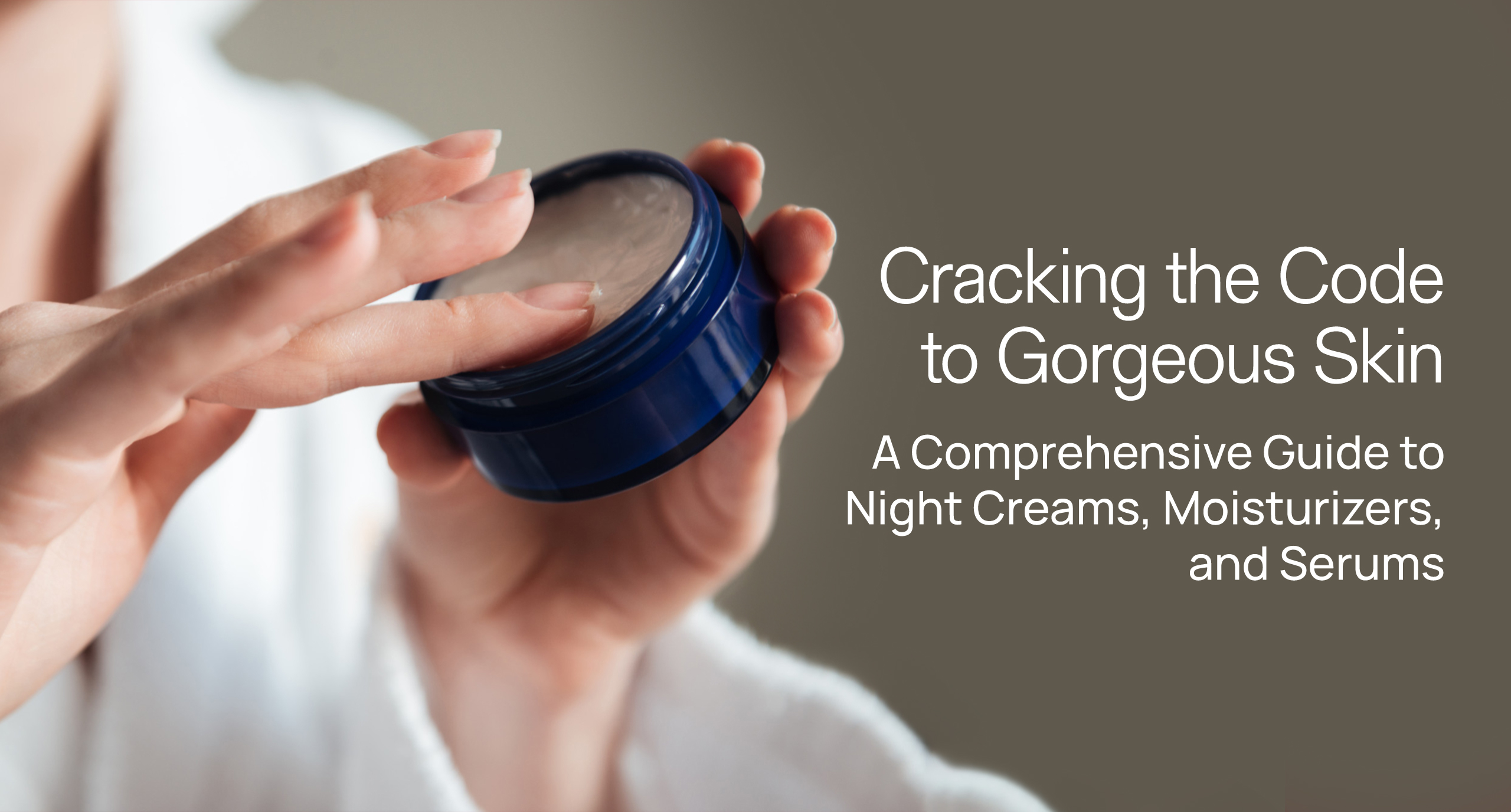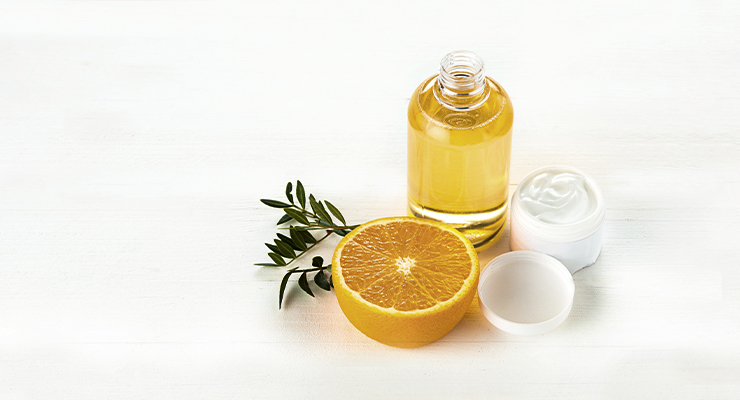Have you ever noticed those unique product lines exclusive to your favorite supermarket or clothing store? Those, my friends, are private label products, also known as store brands. But why are they so prevalent, and what’s their growing appeal? Let’s dive in!
What exactly is a private label?
Imagine a product manufactured by one company (let’s call them “Zymo Manufacturers”) but sold under the brand name of another, like your local grocery store (“Fresh Choice”). That’s the essence of a private label. The store dictates the product’s specifications, packaging, and branding, creating a unique offering for its customers.
Why are private labels gaining traction?
There are several reasons for this trend:
• Quality at competitive prices: Private labels often offer comparable quality to national brands at lower prices, making them attractive to budget-conscious consumers.
• Exclusivity and control: Stores can tailor products to their specific customer base and preferences, creating a sense of exclusivity and control over their offerings.
• Higher profit margins: By eliminating the middleman (national brands), stores can enjoy higher profit margins on private label products.
• Building brand loyalty: Strong private label offerings can foster customer loyalty, encouraging repeat visits and purchases.
But isn’t “store brand” the same thing?
Traditionally, yes. However, the term “private label” is gaining traction as it better reflects the strategic and innovative nature of these products. “Store brand” often carries a less sophisticated connotation, while “private label” emphasizes the unique and controlled nature of these offerings.
Data speaks volumes:
• The private label market is estimated to be worth $413.3 billion globally and is expected to grow at a CAGR of 6.1% by 2027.
• In the US alone, private label sales account for 20% of all CPG (consumer packaged goods) sales.
• Consumers are increasingly open to trying private label products, with 74% saying they are as good as, or even better than, national brands.
So, what does this mean for you?
As a private label manufacturer, understanding this evolving landscape is crucial. By focusing on innovation, quality, and value, you can cater to the growing demand for unique and affordable products. Partnering with retailers to develop tailored solutions will be key to success in this competitive market.
Remember, private labels are no longer just “store brands.” They’re a strategic force shaping the future of retail, and understanding their potential is essential for manufacturers and consumers alike.



-p-500.jpeg)




